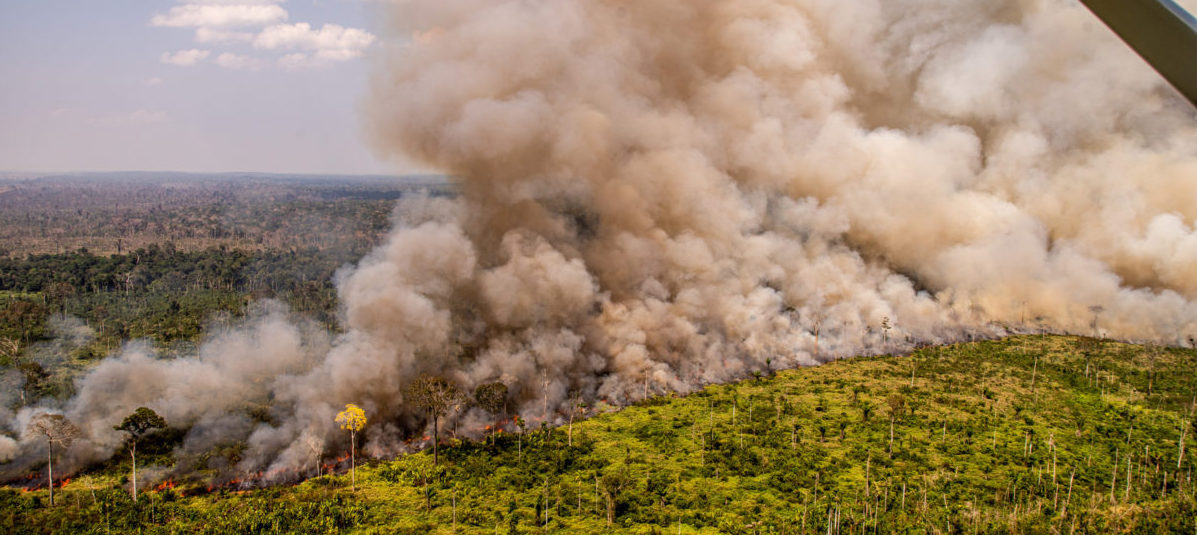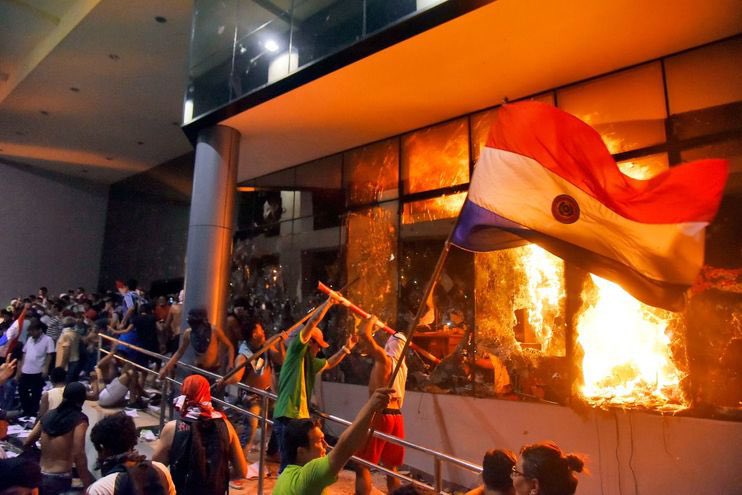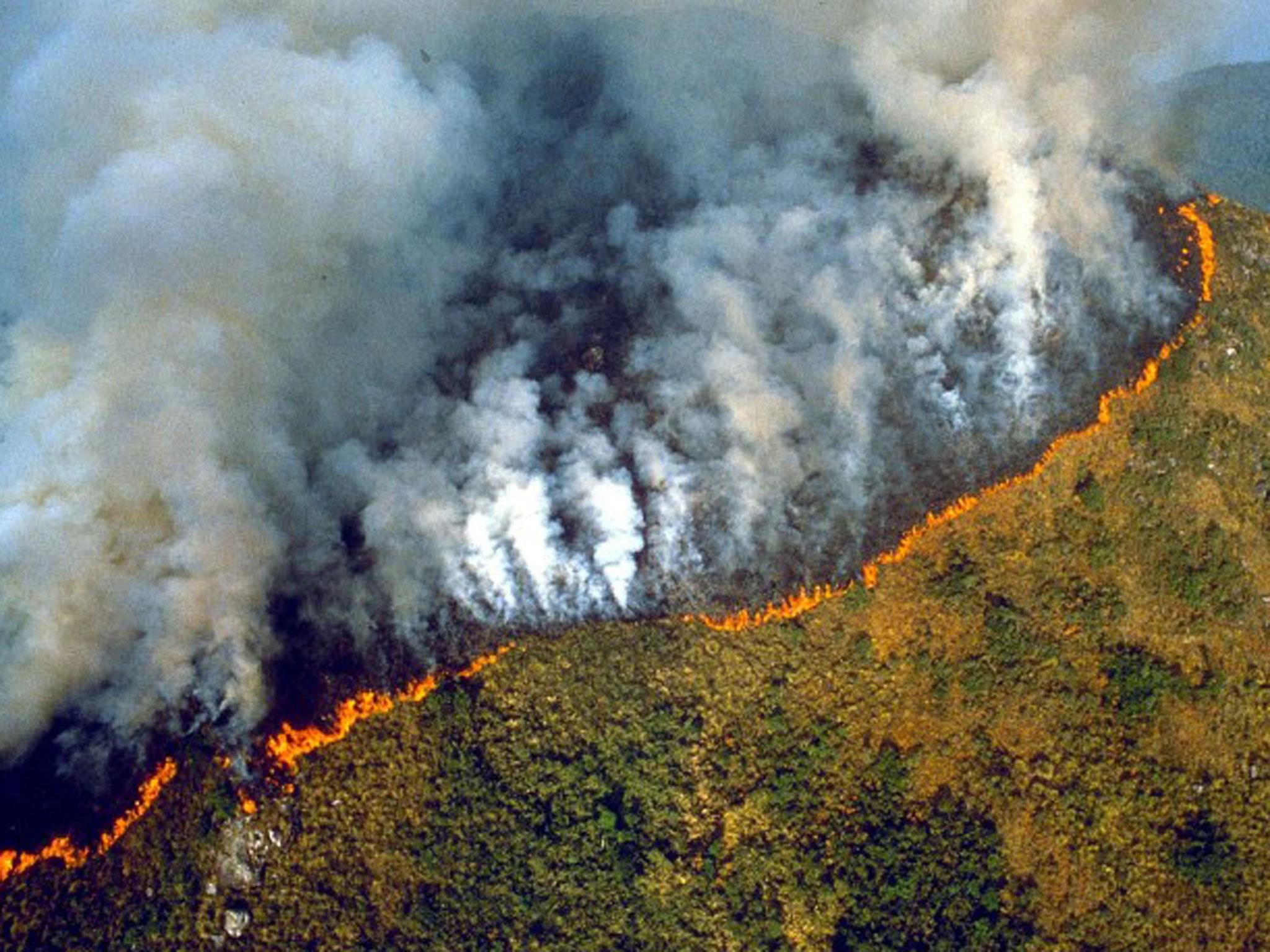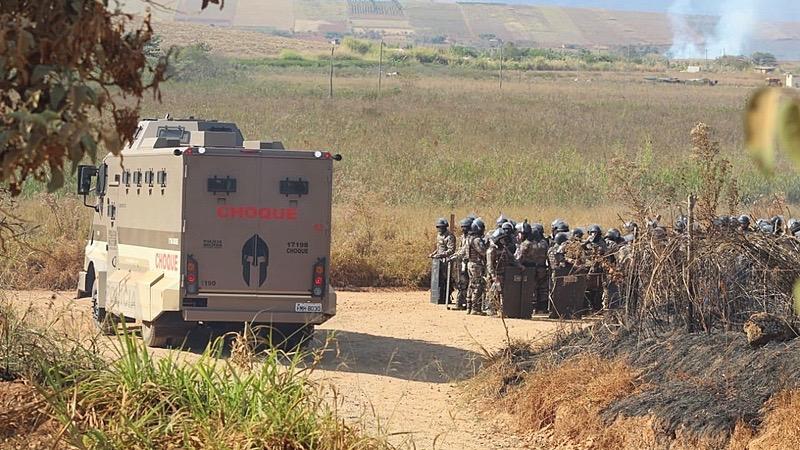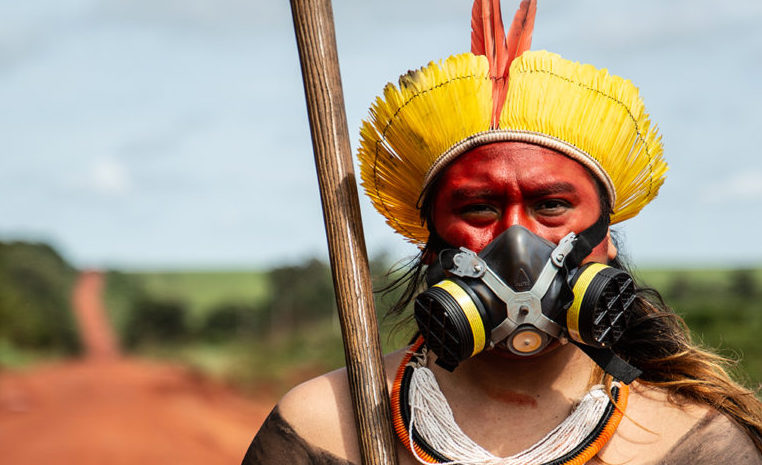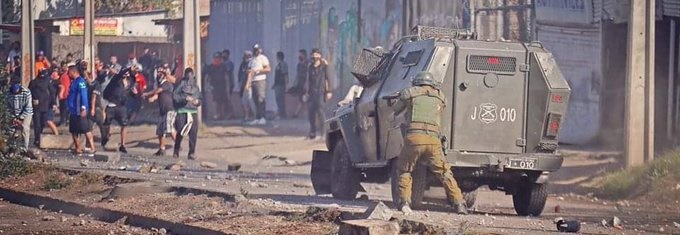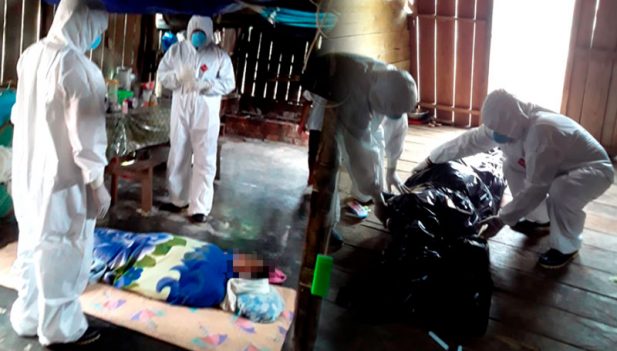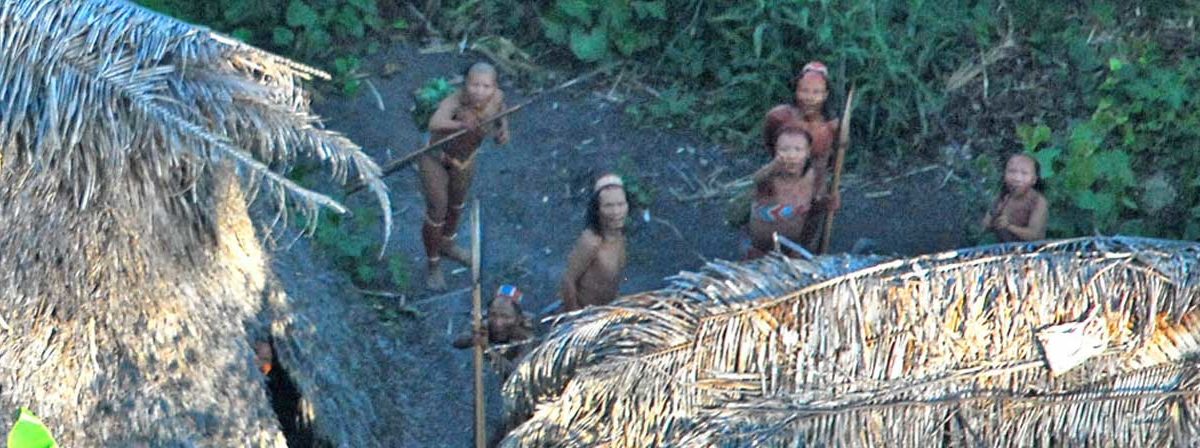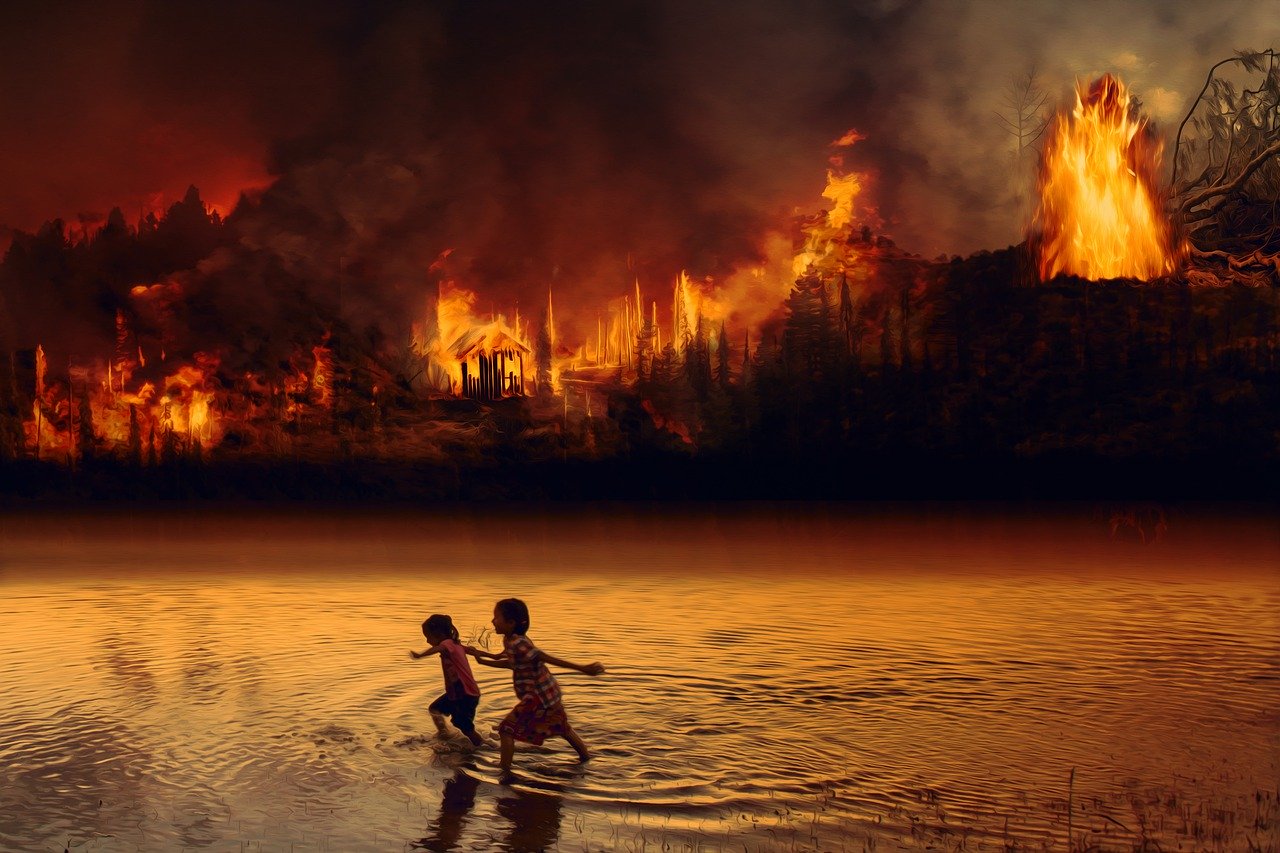
Brazil: Bolsonaro accused of crimes against humanity
The Articulation of Indigenous People of Brazil (APIB) filed a statement before the International Criminal Court (ICC) requesting an investigation into genocide and crimes against humanity committed by President Jair Bolsonaro. The complaint centers on “systematic anti-indigenous” policies enacted by Bolsonaro since his term began in January 2019, and deepened during the COVID-19 pandemic. APIB claims that Bolsonaro’s government has dismantled protections for indigenous communities and their territories, resulting in increased invasion of indigenous lands and consequential deforestation, fires, and illegal mining. The complaint further charges that Bolsonaro has directly encouraged attacks against indigenous peoples, and that his actions amount to the crimes of genocide and ecocide. (Photo: pixundfertig/Pixabay via Jurist)



